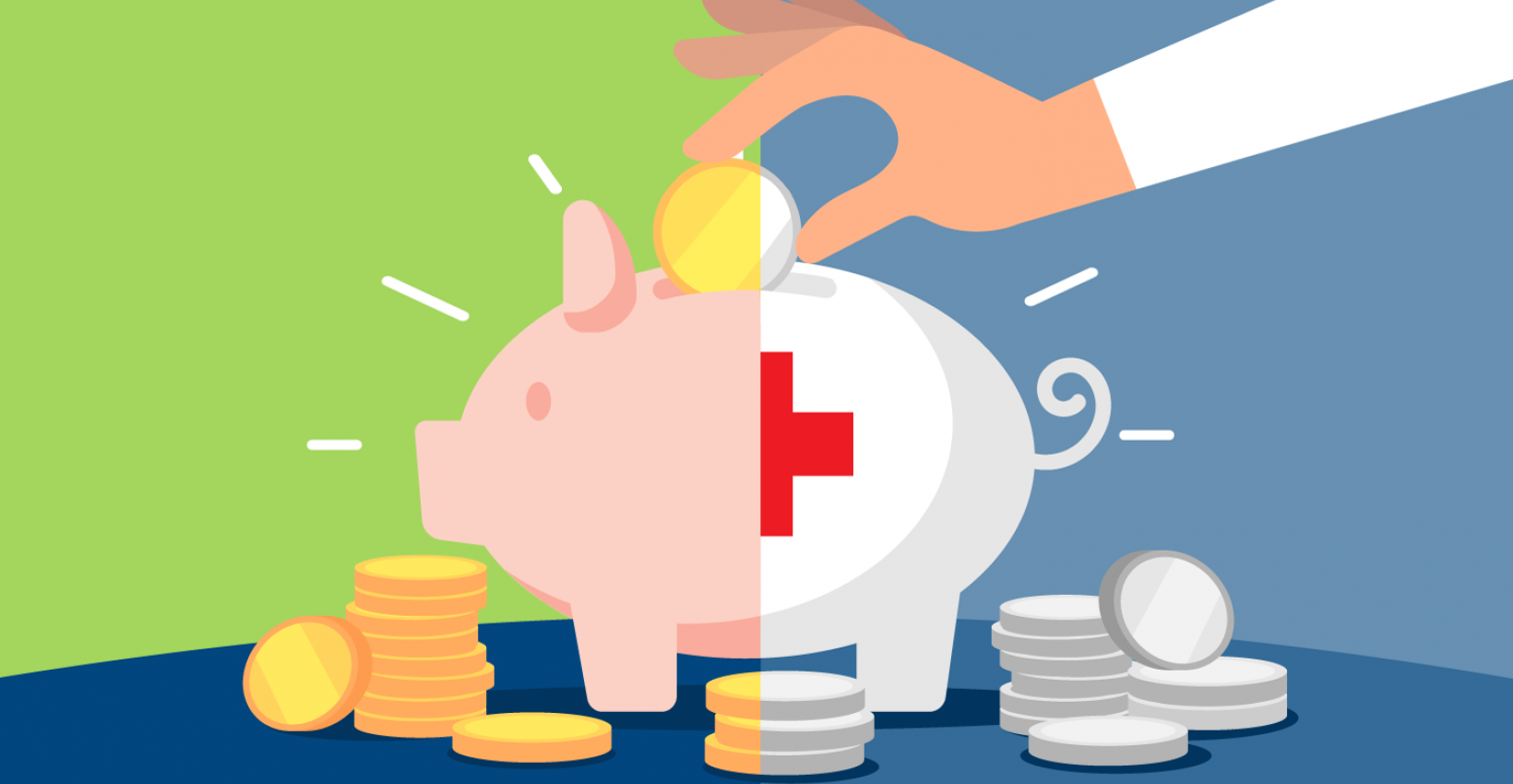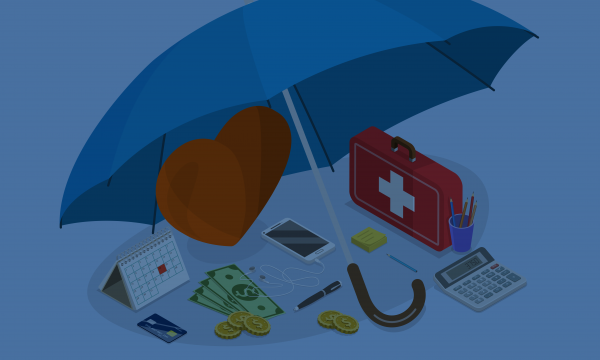Saving for regular expenses vs. an emergency

At UBT, one of our biggest goals is to set you up for financial success, and that includes answering your money questions. One of the most frequent inquiries we receive is regarding savings — more specifically, the difference between “regular” savings and “emergency” savings.
People create savings for a variety of things: college, buying a home, a new car — things that are planned. That’s a regular savings fund. An emergency savings fund, on the other hand, is for situations that are completely unexpected (e.g., car or home repairs).
That’s the fundamental difference between a regular savings account and an emergency fund: One is for a planned expense, and the other is not. To put it another way, try replacing the word “savings” with “budget.” We’re basically talking about expenses you know are coming and, given some planning, could budget for vs. life’s surprises that catch you completely off guard.
Where you keep this money is just a technicality; we do, however, recommend using a savings account as it separates the funds from those that are earmarked for other purposes. Some experts advise labeling or “naming” your dollars before you earn them, which is also a technicality. It all boils down to planning for wants and needs as well as big, inevitable surprises. (Actually, we recommend both short-term and long-term emergency savings, which you can read about here.) If you don’t budget already, no worries — we have tools to get you there.
Regular savings: a chance to be proactive
Car registration, property taxes, insurance, and even car and home maintenance/minor repairs would be examples of regular, true expenses that you would budget and save for. Vacations, memberships, holiday and school shopping, and big-ticket purchases would fall into this same category. Then, when the time to pay them — which might only be once or twice a year — rolls around, you have the money and are ready to roll, with no fancy finagling, unplanned debt, or undue stress required.
Think about your expenses that may not occur on a monthly basis. Have you accounted for them in your budget? Proactive saving for these expenditures can take the pressure off your budget and give you peace of mind. Dividing the total amount needed by the months you’re able to save can lighten the savings load substantially.
Emergency savings: there for “what if?”
On the other side of the coin are emergency savings, which are intended to cover any unexpected happenings like car accidents, major home and car repairs (outside of regular maintenance costs), illness, job loss, unplanned moving expenses, and family emergencies. An emergency fund gives financial security by providing a safety net for times when the unexpected happens. Having money stashed to cover an unforeseen major expense — or sustained expense, in the case of job loss or serious illness — takes the additional strain of finances out of an already stressful situation.
Most financial experts recommend that you have somewhere between three and six months of basic living expenses in your emergency fund. The three-month guideline is generally recommended for those who are in salaried positions and have more secure employment.
Starting is the most important step
Amassing both types of savings requires a realignment of budget — and the understanding that it’s going to take a little time and effort to get there. The trick is to be proactive now so that you can avoid being reactive when the bill comes in, or in the case of emergency savings, a true emergency arises. If you already have a budget or spending plan, you’ll be able to use it as a base for both your new savings accounts. And if you already have one savings account established, you’re halfway there!
If you have more income at the end of the month than you need for your all your budgeted expenses, you can choose to put an extra amount toward savings, or even budget for a reward. While we can’t predict or control the future, planning ahead for unforeseen expenses can greatly reduce anxiety, giving you a decided edge.
We hope you found some of our tips helpful! This article is part of the Be Prepared principle, part of UBT's Five Principles of Financial Wellness Series.
Learning Center articles, guides, blogs, podcasts, and videos are for informational purposes only and are not an advertisement for a product or service. The accuracy and completeness is not guaranteed and does not constitute legal or tax advice. Please consult with your own tax, legal, and financial advisors.



